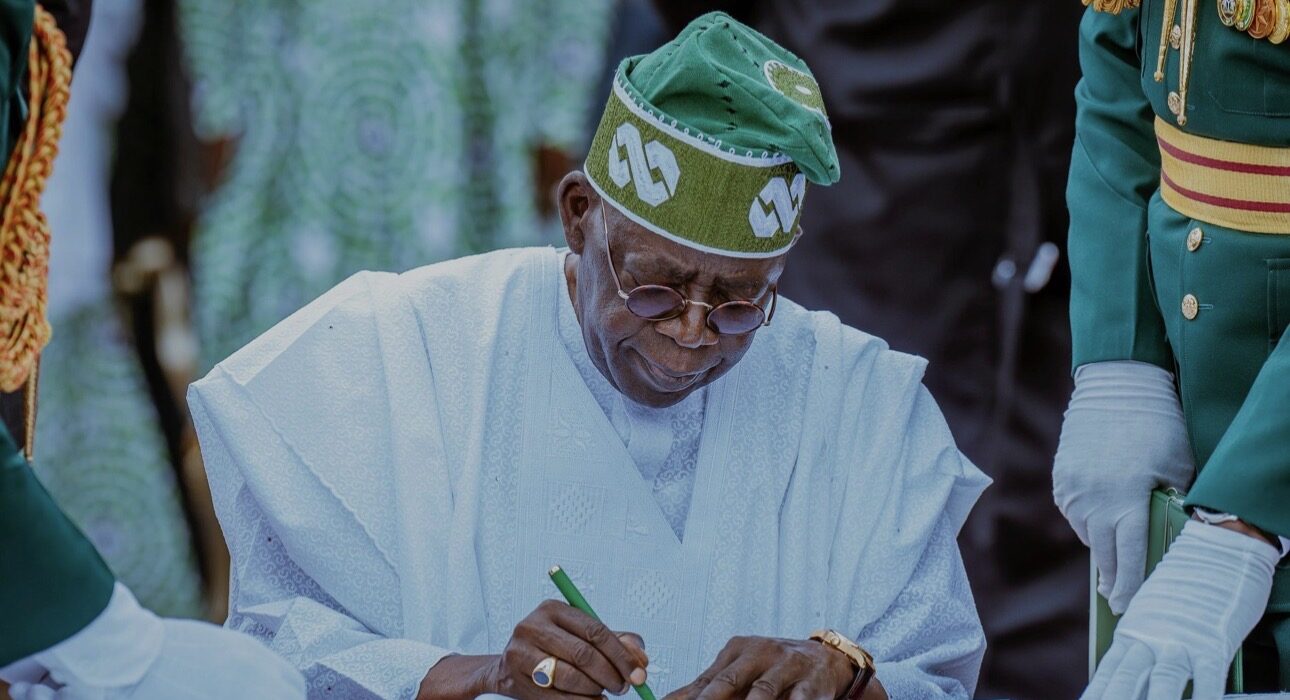Tinubu Slams 15% Import Duty on Petrol, Diesel to Boost Local Refining

The Presidency has confirmed that President Bola Ahmed Tinubu has approved a 15 per cent import tariff on petrol and diesel, a policy the government described as a strategic move to stimulate domestic refining and reduce Nigeria’s dependence on imported fuel.
According to a statement from the State House, the decision forms part of the administration’s broader economic reform agenda aimed at achieving energy independence, strengthening local industries, and generating more non-oil revenue for the country.
The directive, conveyed to the Federal Inland Revenue Service (FIRS) and the Nigerian Midstream and Downstream Petroleum Regulatory Authority (NMDPRA), instructs that the tariff be applied immediately on the “cost, insurance, and freight” (CIF) value of imported petroleum products.
Presidential Adviser on Energy Policy, Olu Verheijen, explained that the tariff was introduced to level the playing field for local refineries such as the Dangote Refinery and other modular refineries struggling to compete with cheaper imported fuel.
“This is a policy decision rooted in national interest. We cannot sustain a situation where Nigeria’s refineries face unfair competition due to zero import duties while we aim to build a self-reliant energy sector,” Verheijen said.
The Presidency further clarified that the new tariff will not immediately affect locally refined products, which remain exempt as part of measures to encourage local production. The government emphasized that the policy is designed to promote investment in domestic refining, create jobs, and ensure long-term stability in fuel supply.
Economic analysts, however, have warned that the policy could lead to a short-term rise in pump prices if importers transfer the cost burden to consumers. Industry estimates suggest the 15 per cent duty could add up to ₦90–₦100 per litre to the landing cost of imported petrol.
Despite this, the Presidency insists that the measure will deliver long-term benefits, noting that it aligns with Nigeria’s plan to eliminate fuel importation by 2026 as local refining capacity expands.
“The goal is energy sovereignty — to refine our fuel, employ our people, and retain value within our economy,” the statement read.
The Nigerian National Petroleum Company Limited (NNPCL) and NMDPRA have been directed to ensure smooth implementation and prevent hoarding or artificial scarcity as the policy takes effect.
The move comes amid renewed efforts to revive the country’s state-owned refineries in Port Harcourt, Warri, and Kaduna, alongside the commencement of large-scale operations at the 650,000-barrel-per-day Dangote Refinery.
Observers see the new import tariff as a bold but risky step that could reshape Nigeria’s downstream petroleum landscape. While it promises to strengthen local refining and attract investment, the government will face pressure to manage inflation and ensure Nigerians do not bear excessive costs during the transition.
With the policy now in force, all eyes are on how effectively Nigeria can balance economic reform with social impact — and whether this new tariff will truly drive the country toward full energy independence.









